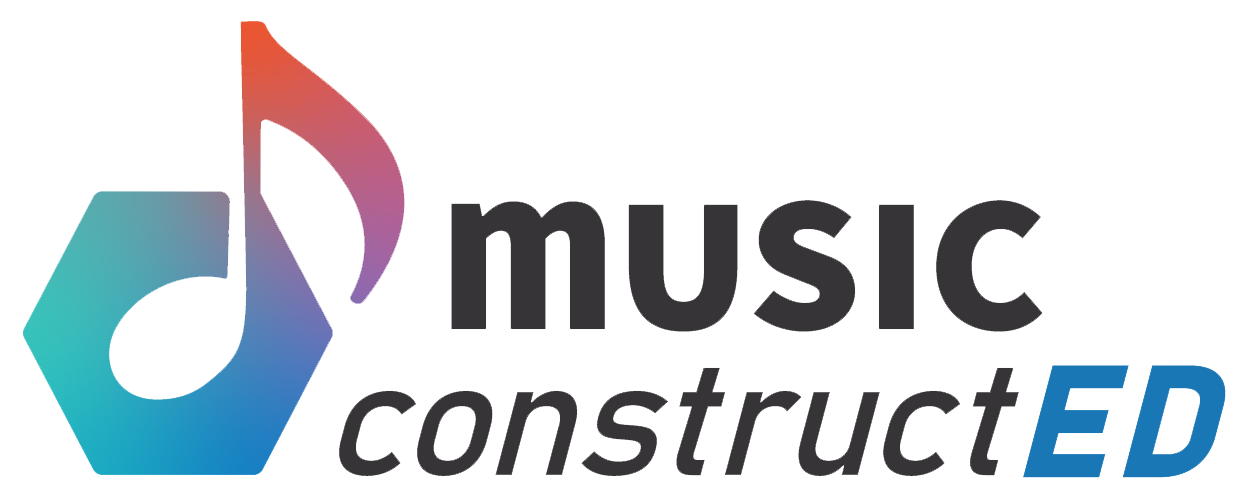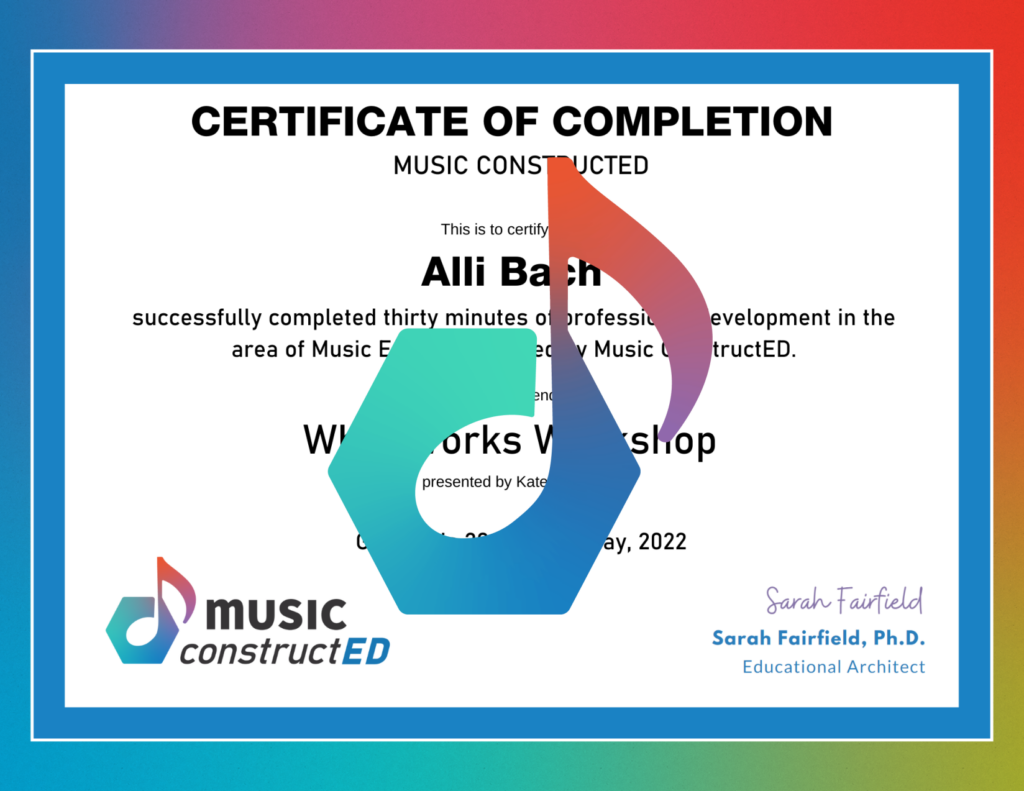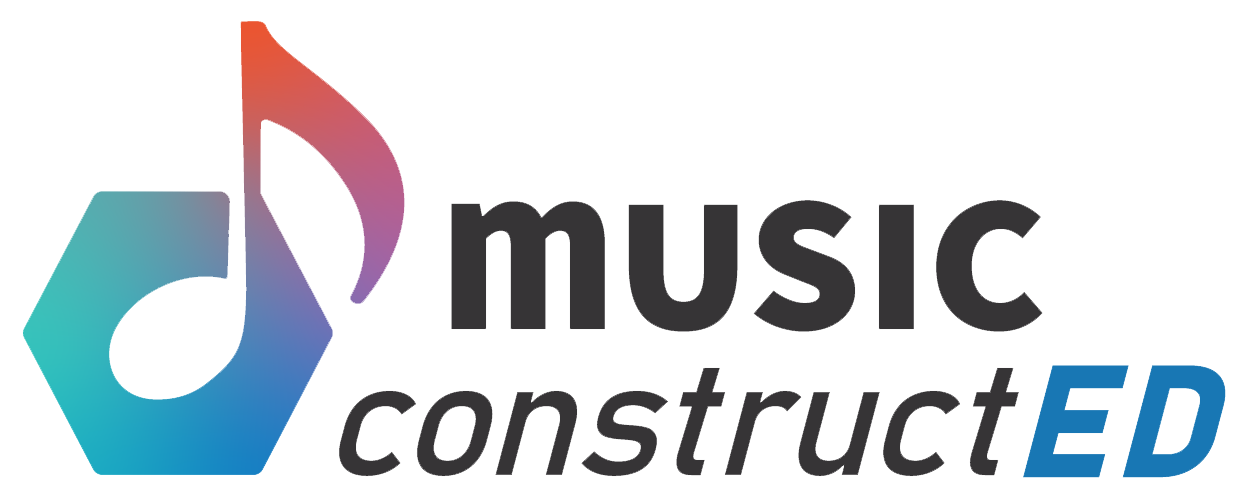 Strategies for the Classroom
Strategies for the Classroom
$20 | 90 min
SKU: AI-ODPDS
Summary
In the PD series "Application of the Power of Music," the focus shifts from understanding the power of music to applying it effectively in the classroom. The series emphasizes engaging all students, particularly neurodiverse learners, in music education. Drawing on both personal experiences and established educational principles, the series advocates for individualized approaches to teaching, encouraging educators to build strong relationships with special educators and parents. By gathering insights into each student’s unique needs, teachers can create an inclusive environment where neurodiverse students thrive.
This professional development is the fifth course in the music therapy collection.
The course Adapting Instruction emphasizes the importance of creating an inclusive learning environment that maintains educational standards while modifying teaching methods to support student success. Participants will learn to document adaptations, collaborate with peers and support staff, and utilize various teaching modalities, such as visual aids and peer support. Assignments encourage educators to apply these strategies by developing lesson plans incorporating adaptations, fostering a classroom culture where every student can thrive and demonstrate competence in their musical abilities. Through continuous practice, teachers will become adept at integrating adaptations seamlessly into their instructional approaches.
Objectives
By the end of the course, participants will be able to:
- Identify and describe the six types of adaptations used in music education.
- Develop lesson plans that incorporate at least one adaptation from each category for different grade levels.
- Apply various methods for presenting information to accommodate diverse learning styles.
- Adapt how students demonstrate their understanding, allowing for varied response methods based on individual needs.
- Tailor lesson difficulty to match student capabilities, ensuring that all learners can engage meaningfully with the material.
- Effectively use prompting strategies and peer support to enhance student participation and independence.
- Create an inclusive classroom environment where adaptations are available to all students, promoting equity in learning opportunities.
The course will employ a mix of lectures, demonstrations, and interactive applications to facilitate learning.
"Hello! My name is Melissa Reinhardt and I am a board certified music therapist. I am here to let you know about a new course offered by MusicConstructED called “Making the Most of the Power of Music.” I am very excited to be offering this course and I hope you will join me as we learn about the how’s and why’s of the power of music. With over a 30 year career in music therapy, I will be sharing my knowledge with you in 3 main sections: Music Therapy and Music Education, The Power of Music and finally, the application of the power of music. In the application portion of this course, I will be sharing information specific to neurodiverse learners. I hope that you will join me!"
Here is the class outline:
IntroductionMeet Melissa Reinhardt, a board-certified music therapist with over 30 years of experience. Understand what you’ll learn in the Music Therapy Collection. This course focus is adaptations can alter learning outcomes without changing musical standards. It features six evidence-based adaptation types for ensuring all students succeed in music education. 3 sections
|
|||
|
Foundation and First Three AdaptationsDevelop a framework for systematic adaptation by understanding when, why, and how to implement changes. Recognize that adaptations benefit all students without altering the learning objectives. Focus on three types of adaptations: Input, Output, and Level of Difficulty. Apply these adaptations through concise lesson plans tailored to various grade levels. Ensure that these lesson plans are designed to meet the diverse needs of all learners while maintaining the integrity of the learning objectives. 8 sections
|
||||||||
|
Advanced Adaptation StrategiesEnhance your adaptation framework with three strategies: support levels, pacing, and involvement. Use a six-level prompting hierarchy for student independence and incorporate peer support and aides. Adjust time for task completion by modifying tempo and expectations. Understand participation by distinguishing active from passive roles. Start with one student or lesson to build a foundation for your music program. 6 sections
|
||||||
|
ConclusionFind out how to continue your learning and complete our On Demand survey to help us further the Music ConstructED Online Learning experience. 3 sections
|
|||
|
Completion
The following certificates are awarded when the class is completed:
 |
Music ConstructED 90-minute PD Certificate of Completion |





